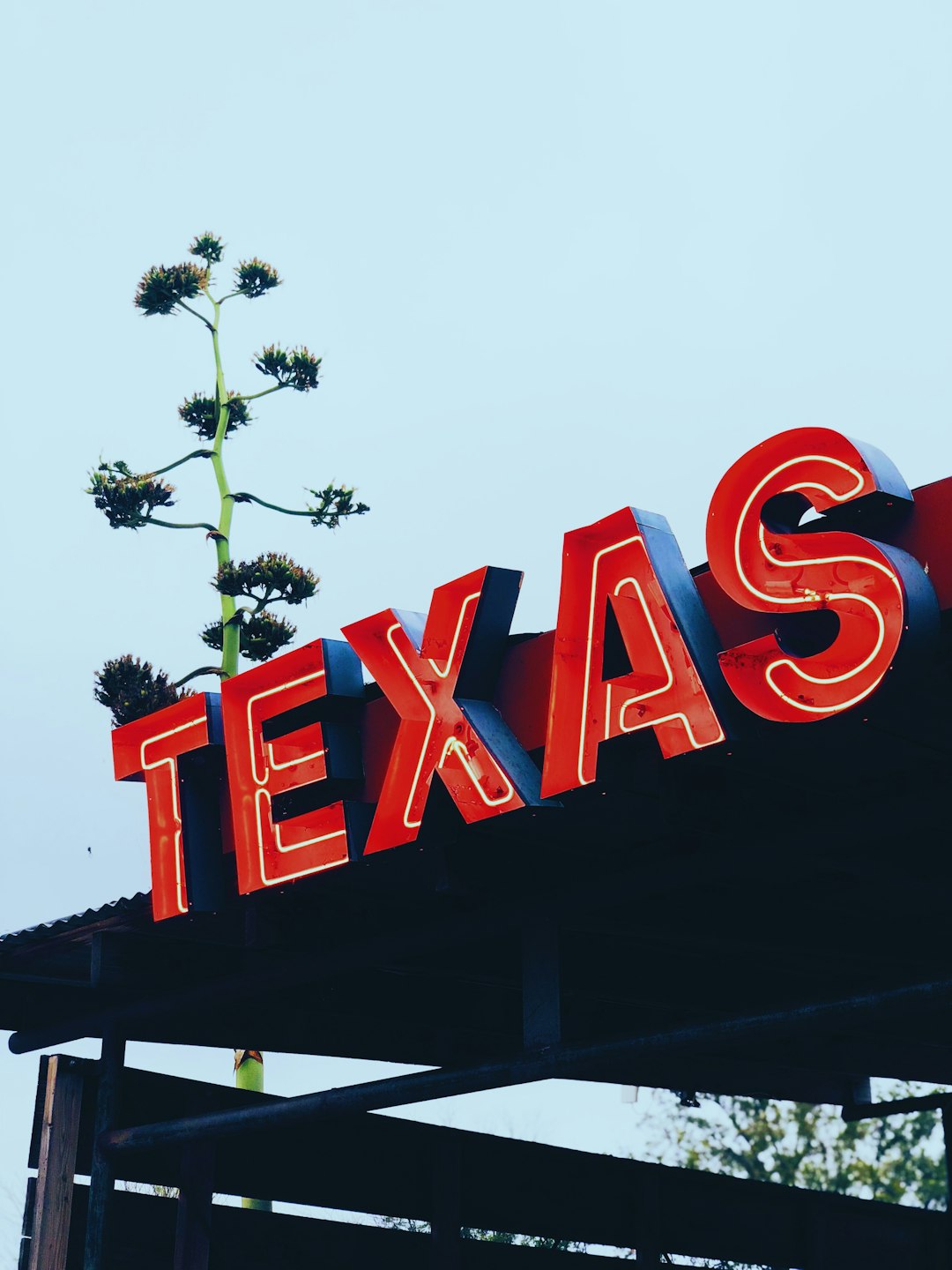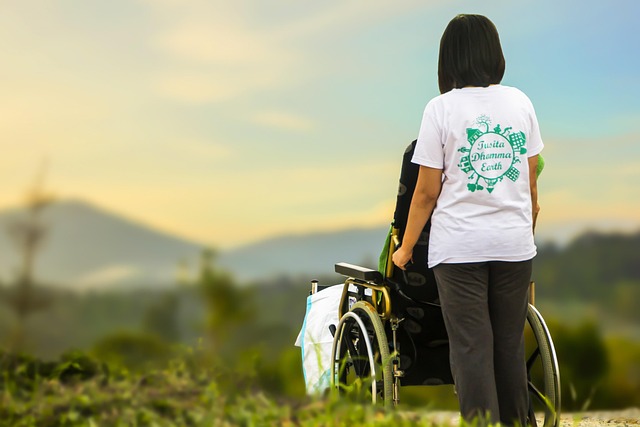Elderly sexual assault in care facilities is a pressing issue in South Carolina, where specialized elderly sexual assault attorneys play a critical role. These attorneys drive change through legal action, ensuring justice and holding institutions accountable. Dallas has taken a multi-faceted approach, prioritizing prevention with staff training, awareness campaigns, and robust reporting mechanisms, while partnering with local legal organizations to provide crucial support for victims.
In Dallas, addressing elderly sexual assault in care facilities is a multifaceted initiative. This city is pioneering strategic approaches to prevention and justice, highlighting a growing awareness of this often overlooked issue. The article delves into understanding the complexities of elderly sexual assault, exploring the legal aspects with a focus on the role of elderly sexual assault attorneys SC, and analyzing Dallas’s innovative strategies to protect vulnerable residents. By examining these measures, we gain insights into potential solutions for other communities.
Understanding Elderly Sexual Assault in Care Facilities

Elderly sexual assault in care facilities is a sensitive and critical issue that requires comprehensive understanding and robust solutions. Care facilities, including nursing homes and assisted living communities, often house vulnerable elderly individuals who may be unable to communicate or defend themselves against such attacks. This makes them particularly susceptible to sexual abuse, which can have severe physical and emotional consequences.
In South Carolina, where elderly sexual assault attorneys play a crucial role, awareness and prevention efforts are gaining momentum. These initiatives involve staff training on recognizing signs of potential abuse, implementing stricter security protocols, and fostering an environment that encourages residents to report any incidents without fear of retaliation. By addressing these challenges head-on, care facilities can ensure the safety and dignity of their elderly inhabitants.
Legal Aspects: The Role of Elderly Sexual Assault Attorneys SC

In addressing elderly sexual assault in care facilities, South Carolina (SC) plays a critical role with the involvement of specialized elderly sexual assault attorneys. These legal professionals are crucial in ensuring that victims receive justice and that facilities adhere to stringent legal standards designed to protect vulnerable seniors. The presence of such attorneys helps in navigating complex legal landscapes, which often involve issues like consent, privacy rights, and institutional liability.
They also play a vital role in raising awareness about the prevalence and implications of elderly sexual assault within care settings. By advocating for victims, they contribute to the broader goal of preventing future incidents. The expertise of elderly sexual assault attorneys SC is essential in holding perpetrators accountable while supporting the emotional and legal needs of survivors, ultimately fostering a safer environment for South Carolina’s elderly population.
Dallas's Strategic Approaches to Prevention and Justice

Dallas has implemented several strategic approaches to address the critical issue of elderly sexual assault in care facilities, demonstrating a commitment to both prevention and justice. The city’s efforts involve comprehensive training programs for staff, raising awareness among residents and families about potential risks, and establishing robust reporting mechanisms. These initiatives aim to empower caregivers and loved ones to identify and report suspicious activities promptly.
Moreover, Dallas has partnered with local legal organizations, including elderly sexual assault attorneys from South Carolina, to offer legal aid and support to victims. This collaboration ensures that those who have suffered abuse receive the necessary assistance in pursuing justice. By combining educational programs, heightened surveillance, and legal backing, Dallas is taking significant steps towards creating a safer environment for vulnerable seniors within their care facilities.






